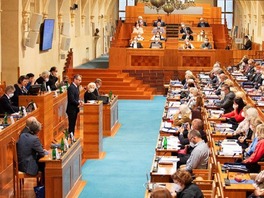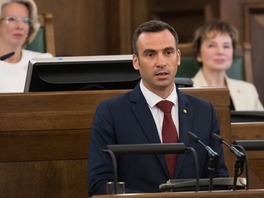Poland adopted regulations, declaring an area along the nation’s border with Belarus off-limits to everyone except residents and people who live, work or study in the designated no-access zone.
A respective resolution was signed by Polish Interior Minister Mariusz Kaminski.
Earlier Tuesday, the lower house of parliament, or Sejm, voted to amend the border law amid a conflict between Poland and Belarus. The president immediately approved the amended law, allowing for its implementation. The ban takes effect Wednesday for three months.
In adopting the amendments to the law on Poland’s borders, the Sejm rejected changes proposed in the Senate, including one that would have allowed journalists free access in the restricted areas.
Under the new regulations, journalists need permission from the head of the Border Guard to work from the border area.
The law was updated in an urgent procedure amid a conflict between Poland and neighboring Belarus. Poland’s government and the European Union have accused authorities in Belarus of directing thousands of migrants and refugees from the Middle East to Poland’s eastern border, which is also the EU’s eastern border.
A state of emergency introduced along the Poland-Belarus border in September, that banned non-residents, expires on Thursday. The regulations approved Tuesday replace it and provide a measure for a long-term access ban.
President Andrzej Duda signed the regulations into law late Tuesday, allowing for their swift publication and implementation.
The Polish government argued that banning most individuals from border areas would help guards perform their jobs better, especially as Europe-bound refugees and migrants attempt to enter Poland illegally during the current standoff with Belarus.
The Interior Ministry said the no-access designation also would facilitate construction, scheduled to start in early December, of a 5.5 -meter-tall (18-foot-tall) barrier on the border with Belarus.
Some law experts described the amendments as anti-democratic because they allow the interior minister to act without seeking parliamentary approval.






